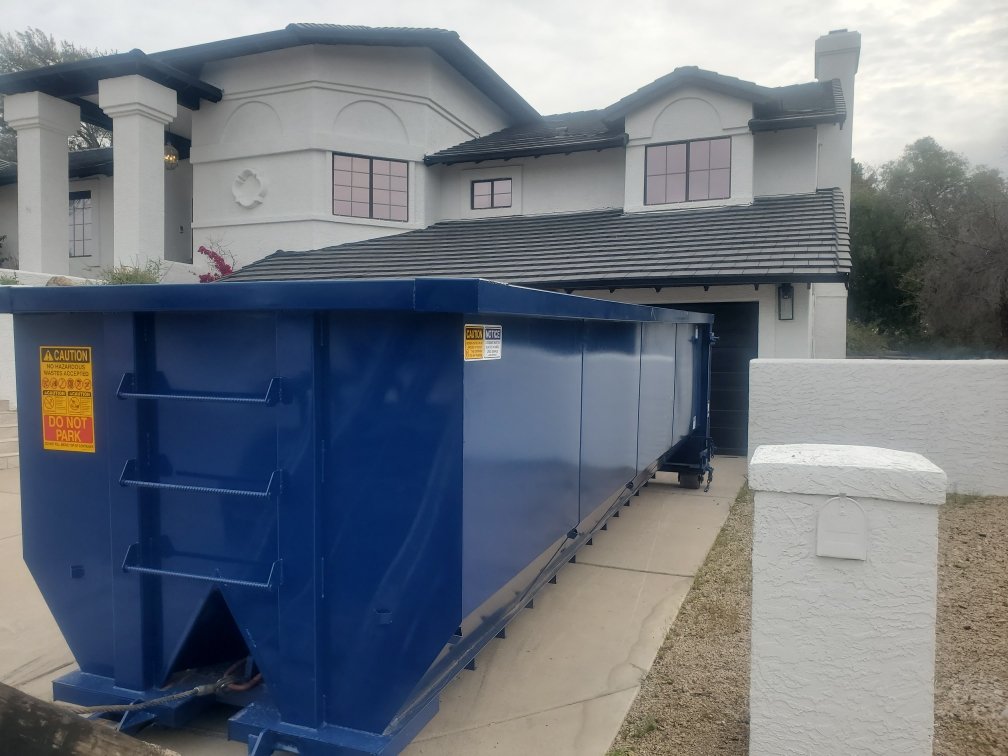The Ultimate Guide to Dumpster Rentals: Everything You Need to Know
Whether you're tackling a major home renovation project, decluttering your space, or managing the waste from a large event, dumpster rentals can be a lifesaver. In this comprehensive guide, we'll explore everything you need to know about dumpster rentals, from the types available to how to choose the right size and tips for a smooth rental experience.
**Types of Dumpsters:**
Dumpsters come in various sizes and types to suit different needs. The most common types include:
1. **Roll-Off Dumpsters:** These are versatile and can be easily delivered to your location, making them ideal for construction projects, renovations, or large cleanouts.
2. **Front Load Dumpsters:** Typically used for ongoing waste management needs, such as in commercial settings or apartment complexes. They are emptied by the waste management company on a regular schedule.
3. **Rear Load Dumpsters:** Similar to front load dumpsters but emptied from the rear, these are also suitable for ongoing waste management needs.
**Choosing the Right Size:**
Selecting the appropriate size dumpster is crucial to ensure you have enough space for your waste without overpaying for unused capacity. Consider the following factors when choosing a size:
- **Type of Project:** The scale of your project will dictate the amount of waste generated. Larger projects require bigger dumpsters.
- **Available Space:** Assess the space where the dumpster will be placed to ensure it fits without obstructing traffic or causing inconvenience.
- **Duration of Rental:** Determine how long you'll need the dumpster. Longer rental periods may require larger dumpsters to accommodate accumulating waste over time.
**Tips for a Smooth Rental Experience:**
To make the most of your dumpster rental experience, follow these tips:
1. **Plan Ahead:** Schedule your dumpster rental in advance to ensure availability, especially during peak seasons or busy periods.
2. **Know What's Allowed:** Understand the restrictions and regulations regarding what can and cannot be disposed of in the dumpster. Hazardous materials may require special handling.
3. **Fill Level Guidelines:** Follow the fill level guidelines provided by the rental company to avoid overloading the dumpster, which could result in additional fees or transportation issues.
4. **Communicate Clearly:** Provide detailed information to the rental company regarding delivery instructions, placement preferences, and any special requirements.
5. **Consider Environmental Impact:** Whenever possible, opt for environmentally friendly disposal methods and recycling options to minimize your ecological footprint.
**Conclusion:**
Dumpster rentals offer a convenient solution for managing waste and debris from various projects and events. By understanding the types of dumpsters available, choosing the right size, and following best practices for rental, you can streamline the process and ensure a successful outcome for your waste management needs. Whether you're a homeowner, contractor, or event organizer,
